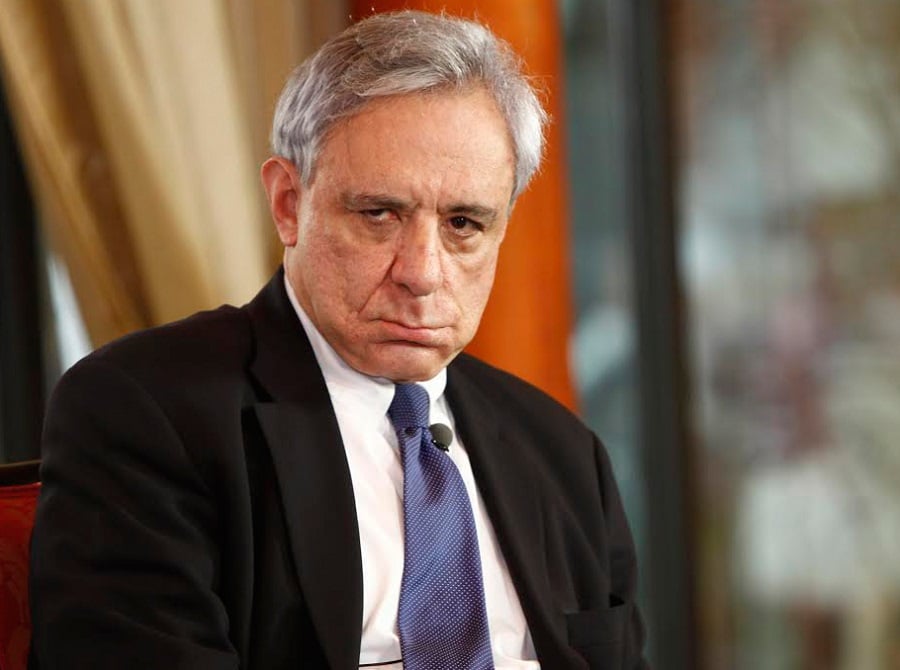In a time of deep national crisis—after the loss of Artsakh, the displacement of over 120,000 of our compatriots, and the looming threat of further territorial concessions—one would expect the Armenian leadership to show humility, moral clarity, and national unity. Instead, Prime Minister Nikol Pashinyan has launched a vile, unprecedented verbal campaign against the Armenian Apostolic Church and its clergy. His recent profanities and blasphemous remarks targeting the Church are not only unbecoming of a head of government—they are dangerous and corrosive to the nation’s very foundations.
What is the Church’s sin, in the eyes of the Prime Minister? That it has dared to speak out, to raise its moral voice at a time when so many institutions have been silenced or co-opted. That it refuses to bow to a government that has presided over military catastrophe, societal demoralization, and the erosion of Armenia’s sovereignty. That it continues to embody and transmit a centuries-old national identity that neither revolution nor repression can erase.
Ironically, the Church has not declared war on the state—it is the state that has declared war on the Church. And tellingly, these verbal assaults coincided with the Catholicos of All Armenians and the Catholicos of Cilicia participating in an international conference organized by the World Council of Churches in Bern, aimed at preserving the Armenian religious and cultural heritage of Nagorno-Karabakh. At the same time, Azerbaijan’s top religious authority issued openly anti-Armenian statements. It seems more than coincidental. While the Church defends Armenian identity on the international stage, Pashinyan chooses to attack it at home.
Some interpret these attacks as an effort to appease Azerbaijan—perhaps in exchange for Azerbaijan’s consent to sign Pashinyan’s “peace” paper. Others see it as a diversion from domestic problems—economic stagnation, democratic backsliding, or growing civic disenchantment. Both of these, and everything in between, are true. But there is also a more profound fear driving Pashinyan: the fear that the Armenian Apostolic Church, with its unshaken authority, grassroots support, and moral clarity, is emerging as a credible alternative to his increasingly isolated rule in defending the Armenian people’s rights at home and abroad. The Church carries with it the moral weight of history, the trust of the people, and an identity that transcends the politics of the past and the catastrophic failures of the present. Pashinyan sees this—and it terrifies him.
Read also
This is not the first time in our history that the Church has become the guardian of the nation in times of political collapse and existential threat. From the centuries of foreign domination to the Soviet period, the Armenian Church has preserved our collective soul and spoken in our name when no one else could. It does so again now—not as a political party, but as the conscience of the nation.
Pashinyan’s shameful insults toward the Church are not merely words. They are an attempt to humiliate and delegitimize the last major institution that still stands independently of his control. But the more he attacks, the more he reveals his insecurity—and the more the people begin to see who truly stands with them.
This is not just a struggle between Pashinyan’s cohorts and the clergy. It is a battle for the soul of Armenia. And when a government chooses to demonize the Church rather than defend the nation, it forfeits both moral authority and national legitimacy.
Vartan Oskanian,
Armenia’s former foreign minister
























































